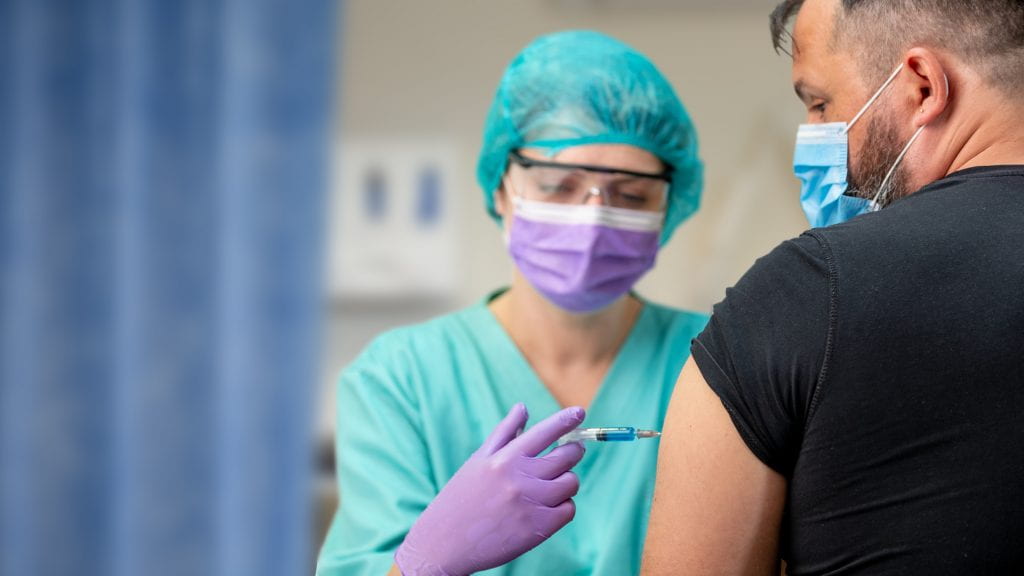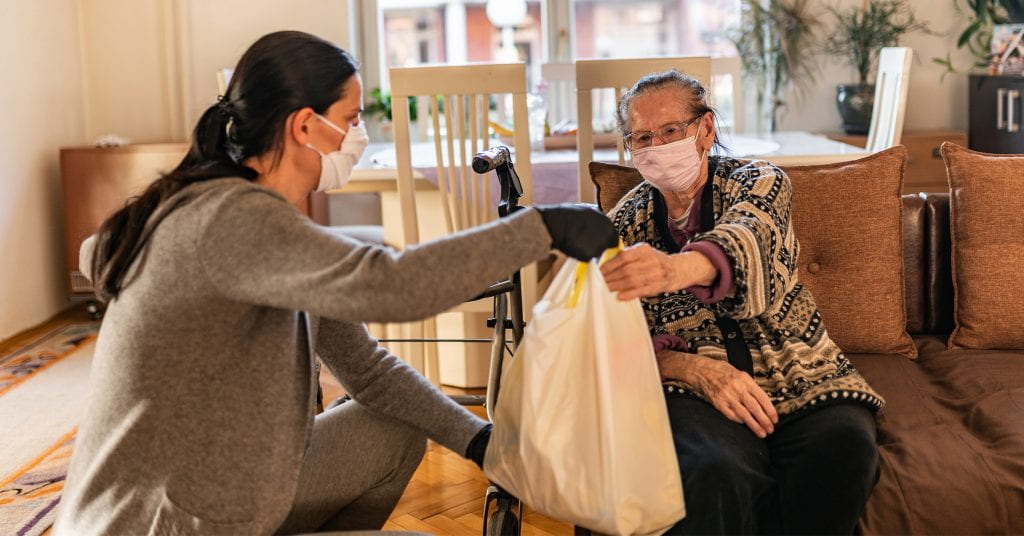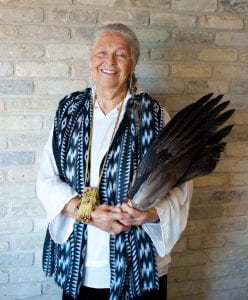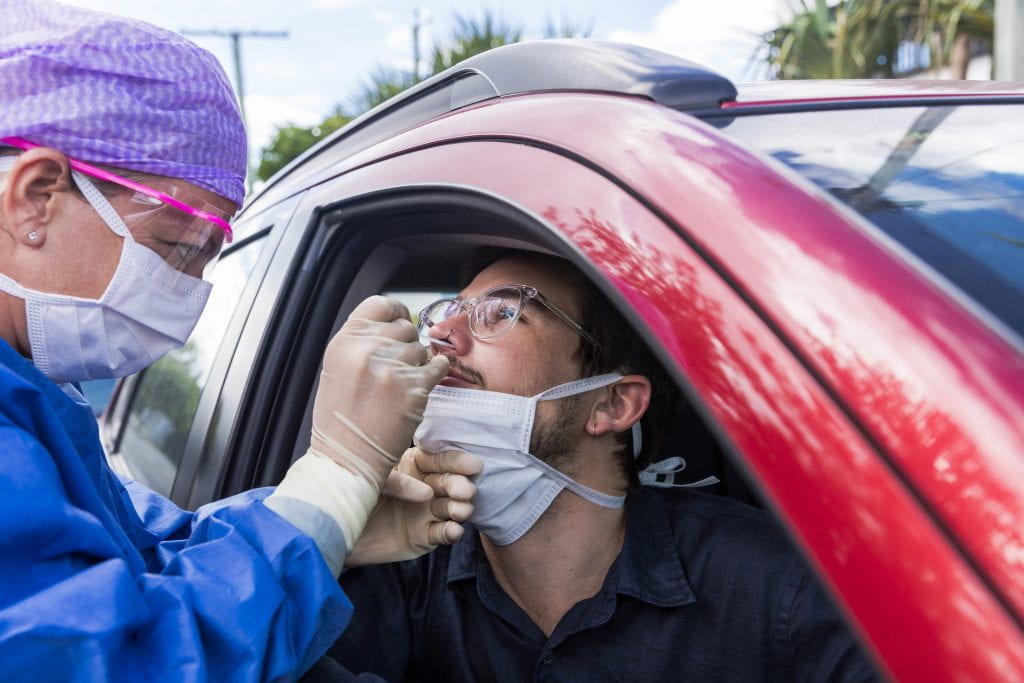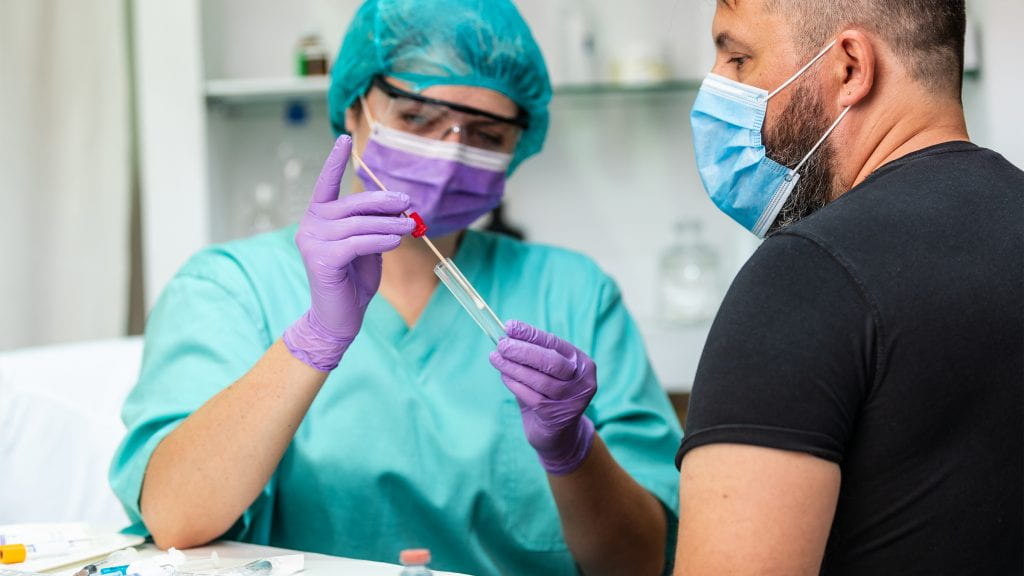RRC partners with province to build rapid-testing capacity to protect Manitobans
Red River College has partnered with the provincial government to launch a new micro-credential that will build a skilled workforce to support Manitoba’s rapid-test strategy for COVID-19, Premier Brian Pallister and RRC President Fred Meier announced today.
“Our government’s number one priority in the face of this pandemic is to protect Manitobans and halt the spread of this deadly virus,” says Pallister. “With the launch of this new micro-credential, Manitoba will be well positioned to support the creation of targeted rapid testing initiatives to protect our front-line workers and the Manitobans they care for.”
The premier noted the province will launch a dedicated COVID-19 rapid testing service pilot for teachers in Winnipeg in the new year, which will help support the health and wellness of Manitoba’s school communities.
Students of the new RRC course will learn how to use best practices in testing performance for COVID-19 and the technical skills needed to support the launch of a Fast Pass rapid testing pilot for teachers in the new year. Participants of the free micro-credential can expect six hours of theory and a five-hour lab component, totalling 11 hours of instruction, conducted over five days.
“Our government is committed to partnering with industry leaders like Red River College to create made-in-Manitoba solutions that will help save lives,” says Pallister. “While vaccinations are beginning in Manitoba for targeted groups, we must continue to stick to the fundamentals and stay home to support our health-care and front-line workers at this crucial time in our fight against COVID-19.”
The first cohort of the RRC course is expected to start in early January, and will focus on skills needed to use the Songbird Hyris bCUBE and other rapid tests. The program is being offered free to eligible applicants with a foundation in science and/or working in a laboratory setting, including:
- medical laboratory assistants or technicians with laboratory-related work experience
- graduates of a science or chemical and biosciences technology program
- graduates of a pharmaceutical manufacturing program
- graduates with a bachelor of science degree with a major or minor in biology, biochemistry, biomedical sciences, chemistry, microbiology or zoology Read More →


